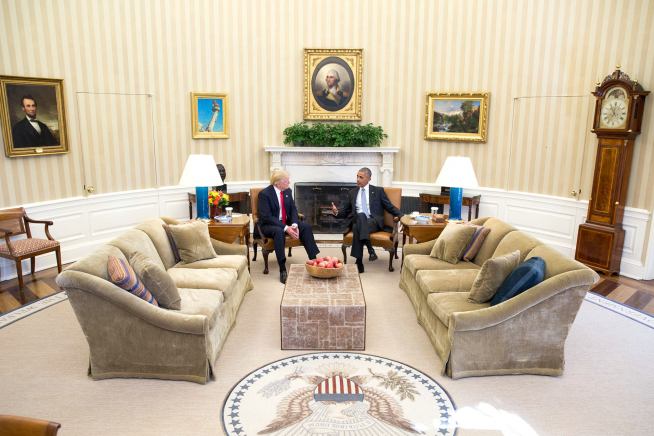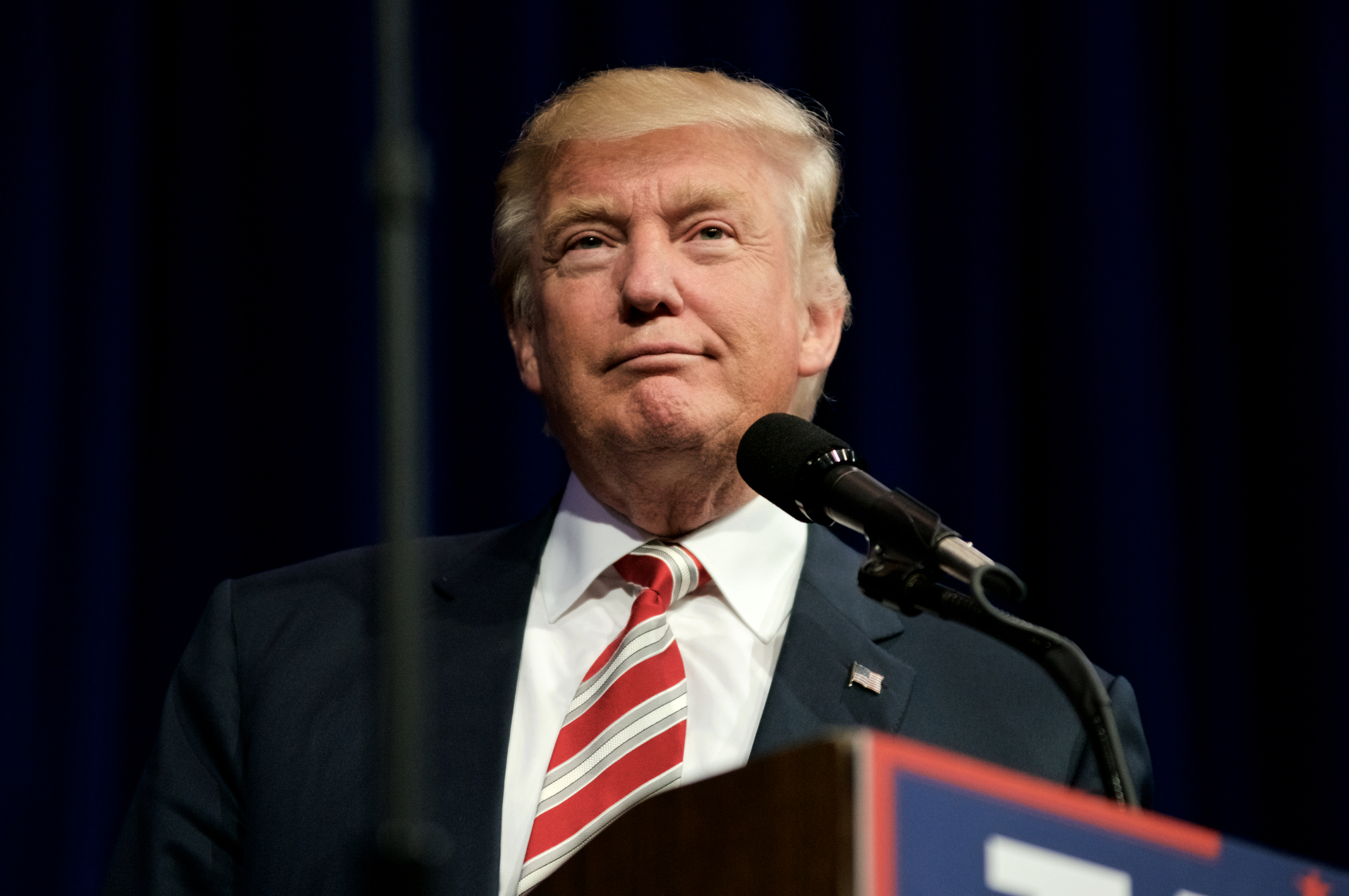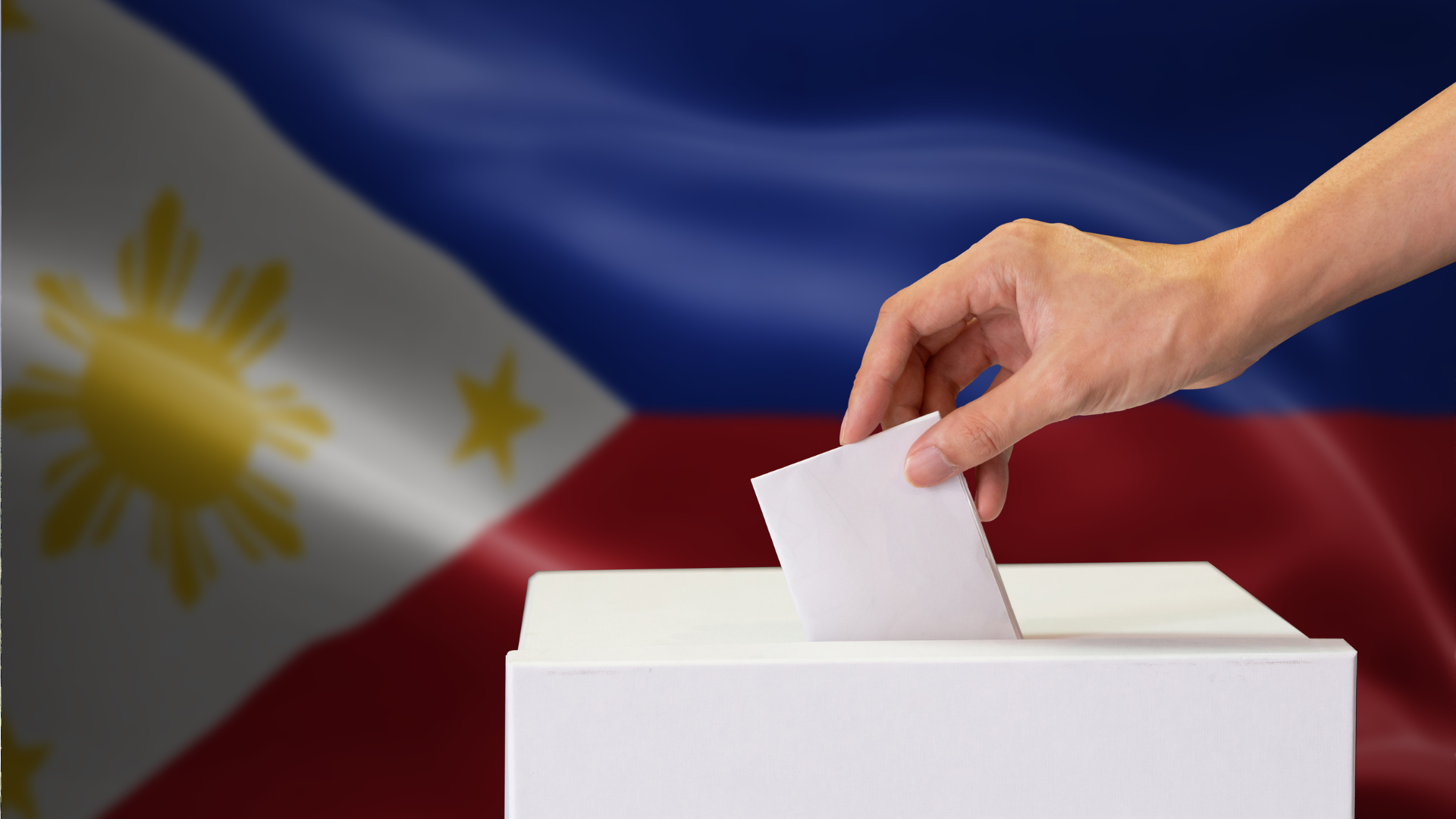
On Wednesday, November 9, 2016, the presidential elections in the United States drew to a close and Donald Trump was proclaimed president-elect.
While most Americans, especially the popular majority who voted for Clinton, reeled from the poll results, back in our corner of the globe the people felt unrest.
What does the Trump victory mean for Asia?
At the very least, it means that the foreign policies of the current President of the United States, Barack Obama, will most likely be discontinued starting 2017. The U.S. pivot from the Middle East to Asia, which has resulted in a stronger military presence in the region and a watchful eye on the contested South China Sea, will now become a pivot away from Asia and other regions, as Trump is expected to isolate the United States even from its most trusted allies around the world.
Of course, government leaders maintained a dignified and civil stance, congratulating the new “leader of the free world.” A few world leaders who would consider themselves strongmen welcomed the Republican victory. But some of their constituents did otherwise.
In the Philippines, for instance, a majority of those employed in the B.P.O. (business process outsourcing) industry fear their days are numbered. Time and again in the campaign trail, Trump had proclaimed that he will bring these jobs back to America. Call center agents fear the worst, predicting that Trump’s protectionist policies may affect the expansion, if not existing, B.P.O. locators in the country.
South Korea took a pragmatic stand: One of its first actions was to call a meeting of its national security council in view of Trump’s oft-stated campaign promise to abandon the United States’ obligation to defend the Korean republic. Most likely responding to this, Trump tried to put those concerns to rest by speaking directly with South Korean President Park Geun-hye over the phone a day after. He pulled back and promised to maintain the existing security alliance.
Nevertheless, the Korean government stated that it will not be afraid to react firmly, if needed, to any policies or actions of the new U.S. government that would be unfavorable to them. They plan to boost their monitoring of the markets around the clock and take steps to protect their interest. They’ve also expressed worry about Trump’s protectionist policies, which they say would hurt major exporters. The Korean government has stated, however, that they are confident Trump’s campaign pledges may not end up as actual policy.
The government of Thailand, meanwhile, stated that it is prepared to adapt to the coming changes they expect from a Trump administration, stating that they will take initiative to apply a balanced foreign policy toward the superpower, which is one of Southeast Asia’s biggest trade and dialogue partners.
The economic powerhouse city-state Singapore also congratulated the U.S. president-elect, stating they would strive to work closely with the United States.
Myanmar, in the meantime, led the rally of Southeast Asian leaders in congratulating the 45th President of the United States: its government sent out congratulations even before the final results came out.
Despite the air being thick with uneasiness over the election of Trump–a leader who shares less popularity abroad than he does in the United States–the leaders of Asian countries urge their constituents to remain calm.






